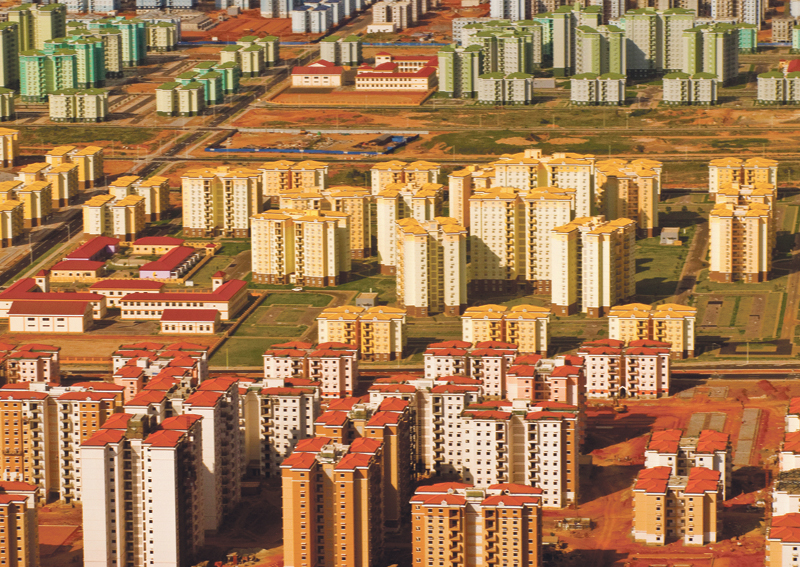Kora Angola is working in partnership with the Angolan Government to construct 40,000 affordable, high-quality housing units across 15 Angolan municipalities and 6 provinces, including one of its most ambitious undertakings, the Horizonte Housing Project

Kora Angola is one of the country’s main players in the push for urbanisation. As a semi-private real estate company, its goal is to develop sustainable infrastructure and real estate initiatives that meet the needs of the local population, large swathes of which remain isolated in rural areas, far from the resources and opportunities that could dramatically help rebuild their lives. Working in partnership with the Angolan Government, one of the company’s main projects involves the construction of 40,000 affordable, high-quality housing units across 15 Angolan municipalities and 6 provinces. Angola’s emerging middle-class families are the target consumers of these properties, which are intended to satisfy a need for housing, but more holistically, to serve as the foundation for a healthy, more urbanised society. The properties will come with courtyards, parks, and open public spaces, in addition to being strategically located near educational institutions and the basic social services that will promote more interconnected neighbourhoods and a higher quality of life.
One of Kora Angola’s most ambitious undertakings, the Horizonte Housing Project, is currently unfolding in the province of Uige and the municipality of Quilomoço. Following reinforcement of the soil to ensure a secure foundation, plans to build a first phase of 1,010 housing units have begun in Quilomoço. According to Nimrod Gerber, the CEO of Kora Angola: “This is a special project bringing with it the realisation of the dream of many families in Uige – their own home and a safe and comfortable environment where they can raise their children. Kora Angola is leading in the construction sector and in the market through the positive impact it’s consolidating for the people, communities and local economies.”
Also taking into account the need to nurture a local economy, the housing units will come equipped with commercial areas where inhabitants can start small businesses, thereby contributing to what Gerber refers to as an “Urban Community,” or “open spaces for the growth of new centres of social and economic development that will promote the decentralisation of population growth in Angola.”
Ultimately, providing affordable housing and fostering the creation of vibrant, urban communities is one of the most effective means of reducing poverty and empowering people to make the best of local resources and networks. Angola’s government approach is doing this by allowing and aiming large scale development, creating the right conditions for investors and committing to build the complementary infrastructures. The Ministry of Urbanism has made a huge impact in insisting on summoning and including different government entities in each and every process. Therefore, the government vision of “new centralities” and Kora’s concept of “urban communities” building combine very well.
0 COMMENTS